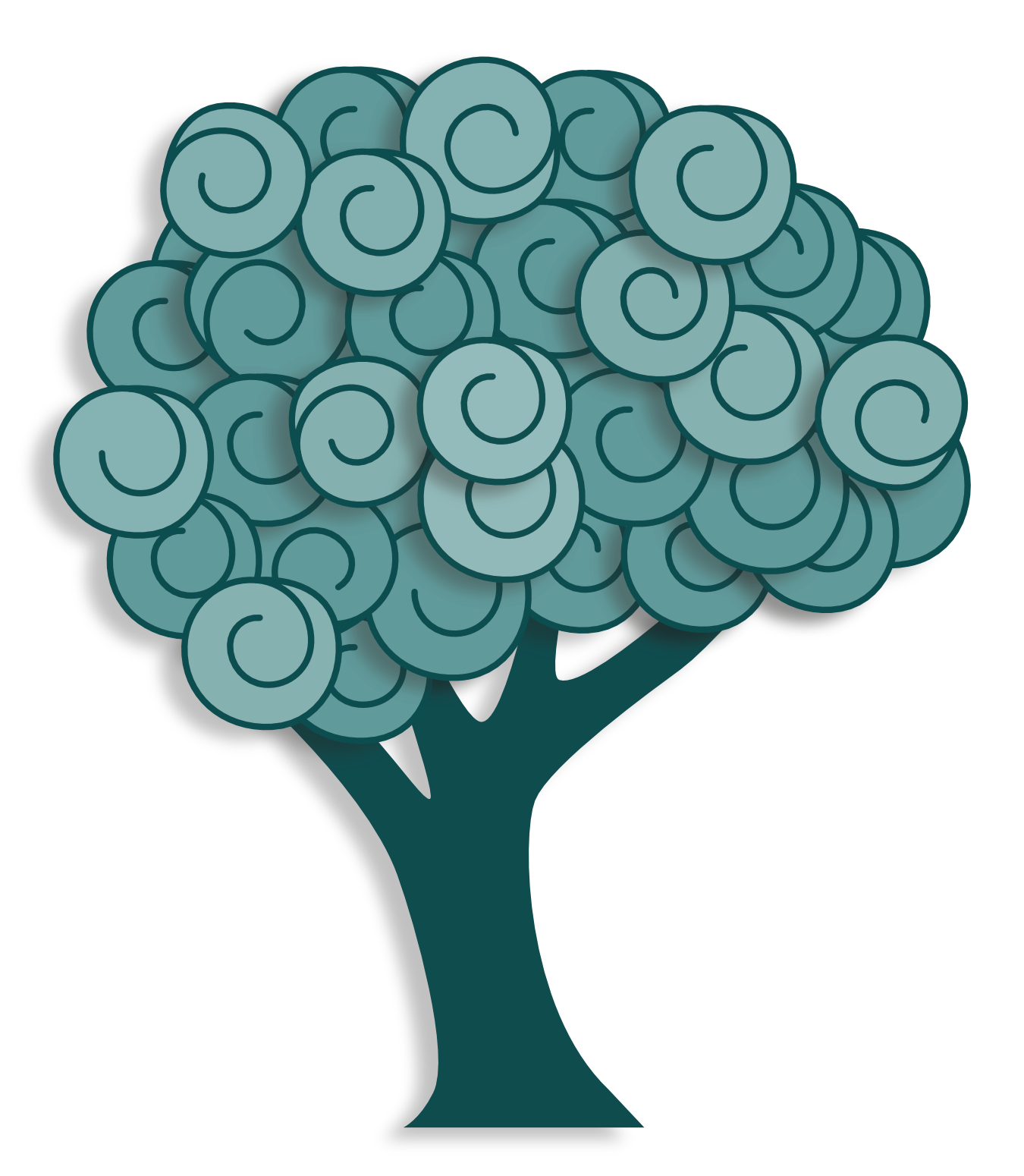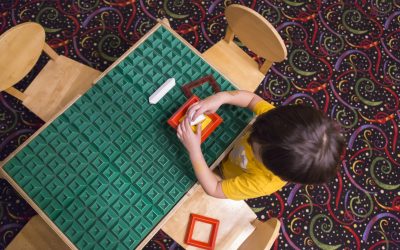Herrera Psychology
Therapy for School-Aged Children
Ages 2-22
Evaluations and Assessments
We learn how your child learns, processes information, and regulates his or her emotions.
Support and Treatment
Treatment plans incorporate student’s cognitive and emotional strengths.
Telehealth
We provide virtual therapy in a safe and secure environment as an option.
How do I know when my child needs therapy?
A good indication that your child may need another level of suppport is when their stress level leads to uncharacteristic behaviors or chronic concerns. Therapy should provide a safe place for your child to share his or her concerns and thoughts. The objective will be for your child to build self-esteem while learning new ways of coping with stress, managing negative thoughts, regulating their emotions and communicating with others.
Expectations and the First Session
You’re Not Alone.
We’re Here to Help!
Herrera Psychology has found that the most successful therapy outcomes occur when the struggling student discovers his or her cognitive and/or emotional strengths, allowing for increased self-awareness and self-advocacy. Therefore this goal will always be included in the student’s therapy plan.
We are providers for the Step Up for Students Scholarship Program

Telement.AI
Revolutionize how you navigate mental health, personal growth, and well-being with Telement.AI’s tailored brain coaches—rooted in professional expertise. Smart Tools for Mental Health, Parenting, and Student Resilience.
Upcoming events
and updates for your child
Join our newsletter and we’ll send the latest news, updates, and event information directly to your inbox.
We won’t share your information with anyone.
Office Updates
Latest News and Information from Our Team
Knowing When your Child is Ready for Therapy
It is fair to say that the last few years have been…a lot…for just about everyone. Kids, adolescents, and adults have all felt the strain with symptoms of burnout, stress, anxiety, and depression on the rise. Before we talk more about when a child is ready for...
Spring 2022 College Admissions Checklists
High school seniors and parents/guardians are either starting to relax a bit or beginning to panic as graduation is about 4 months away! As we navigate through another year of Covid-19 complexities, the timeline of college admissions: applying, acceptance, decision,...
Play Therapy, What Is It and Why It Works
Children are often unable to express themselves with words in the ways in which many adults are capable. Play therapy is a common style of therapy used for observing and treating children who may be going through a hard time and/or having difficulty expressing...



